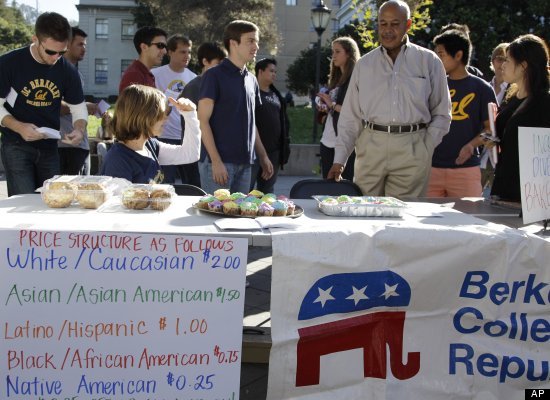It seems to me that nowadays reformed evangelical churches are more involved in food pantries than any other type of mercy ministry. Now don’t get me wrong, I don’t have any problems with food pantries. It’s great that churches are involved in helping those who are less fortunate, especially those who don’t have anything to eat. Think about the countless number of homeless men and women roaming our streets on the verge of starvation. Yet the question I would like to raise is this, are food pantries enough?
When it comes to mercy ministry in the church, I believe that food pantries are a good start, but it is not enough. What happens after folks get fed? Are they hearing the gospel? Are they attending church, particularly the church of the one who feeds them? I would guess that those whom churches feed through food pantries don’t end up attending those churches. I would even go farther in surmising that those churches do not have any sort of evangelism or discipleship in mind. Think about it. Many reformed churches have members who want to get involved in some type of local mercy ministry, and food pantries are readily available to support and help serve. I have served food in various food pantries, and the first thought that comes into my mind after I have finished is, “What a good thing I’ve done." A sense of satisfaction in helping poorer people, gives me a good feeling inside. But if I represent a church, is this enough? I don’t think so.
The goal of every ministry should be the glory of God through the person and work of Jesus Christ. John 1:14 (NASB) says, “And the Word became flesh, and dwelt among us, and we saw His glory, glory as of the only begotten from the Father, full of grace and truth.” The Son of God came as a man and dwelt among us, why? John 1:11-12 (NASB) states, “He came to His own, and those who were His own did not receive Him. But as many as received Him, to them He gave the right to become children of God, even to those who believe in His name.” Jesus Christ came as a man and dwelt among us so that we might become children of God and joint heirs with Christ. Romans 8:16-17 (NASB) says, “The Spirit Himself testifies with our spirit that we are children of God, and if children, heirs also, heirs of God and fellow heirs with Christ…”
The purpose of Jesus’ incarnational ministry was to make a people who were not a people, the people of God. If the end of our mercy ministry is not this, to share the gospel of Jesus Christ and invite them into your church and thereby making them members of your church family, then we have not followed the model of Christ. Christ not only feed the five thousand, but he desired that all men might become children of God. We, in the reform tradition, know that Christ died for the elect. Nevertheless, God still desires that all men be saved. 2 Peter 3:9 (NASB) says, "The Lord is not slow about His promise, as some count slowness, but is patient toward you, not wishing for any to perish but for all to come to repentance."
Are the people we are feeding through pantries becoming members of our churches? If not, then we need to rethink our strategies and look at Christ incarnational model of mercy ministry.


